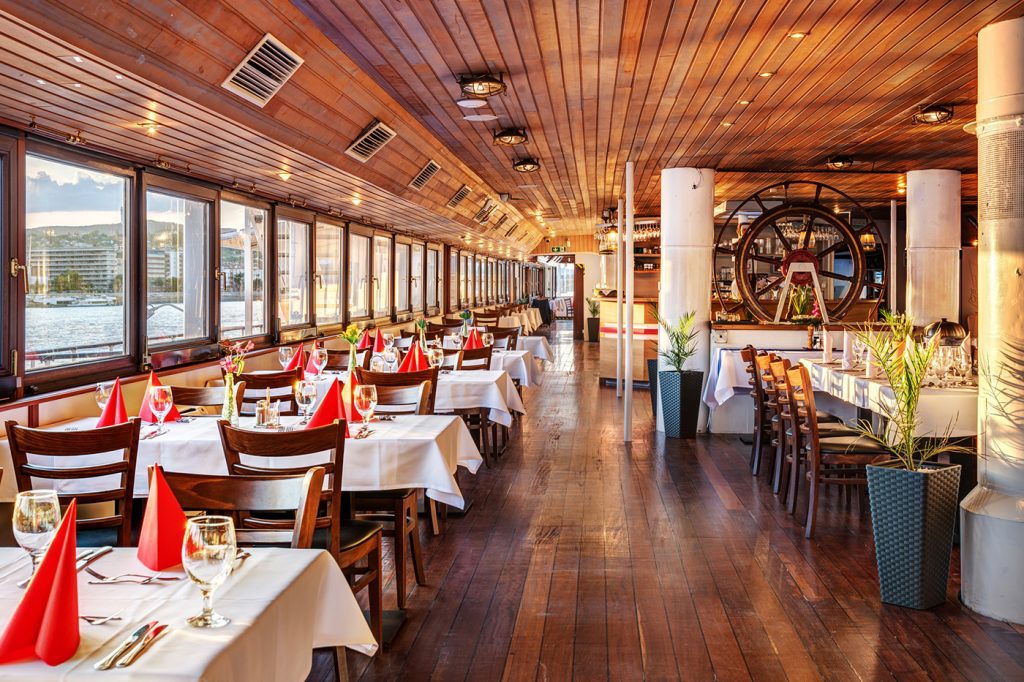Estonia’s E-Residency Now Integrates Housing, Cowork, and Visas
In 2024, Estonia took a bold step that redefined how the world views digital nomadism by transforming its e-residency program into a full-service lifestyle ecosystem. This evolution reached new heights in the university town of Tartu, where a fully integrated digital nomad village became a global talking point. It wasn’t just the seamless bureaucracy that caught attention—it was how Estonia connected legal access, housing, coworking, and community in a way that respected both individual freedom and long-term well-being. For the global cohort of knowledge workers, solopreneurs, and creatives seeking life beyond borders, the Tartu model became a beacon.
Estonia had already established itself as one of the most digitally progressive nations in Europe. With the launch of its e-residency program in 2014, the Baltic nation allowed foreign entrepreneurs to open and manage businesses remotely from anywhere in the world. Over the following decade, that initial offering matured. By 2024, Estonia had expanded the program to include simplified visa pathways for remote workers, temporary living options linked to registered e-residency entities, and health and tax integration with minimal bureaucracy.
The Tartu Digital Nomad Village became the embodiment of this ecosystem. Piloted with support from both the city government and Estonia’s e-residency team, the project blended modern infrastructure with a flexible, scalable community framework. Nomads who applied through the upgraded e-residency portal could now opt-in to short or long-term accommodations, book coworking access, and receive onboarding from a local support team—all before stepping foot in the country. Upon arrival, the experience felt curated but not rigid. Rather than a “remote work resort,” the Tartu model emphasized integration with local culture, sustainability, and entrepreneurial opportunity.
Tartu’s Charm Plus Startup Infrastructure Form Unique Package
What makes the Tartu Digital Nomad Village uniquely compelling is its location. While Tallinn remains Estonia’s high-tech capital, Tartu offers a different flavor—a slower, greener, and arguably more livable city with deep cultural roots and a growing startup ecosystem. Known as Estonia’s “intellectual capital,” Tartu is home to the University of Tartu, one of the oldest and most respected institutions in Northern Europe. This academic influence has given rise to a youthful energy, multilingualism, and open-mindedness that suits the digital nomad profile.
The compact size of Tartu is also part of its magic. The entire city feels accessible by foot or bike, and daily life unfolds around cozy cafés, leafy parks, riverside trails, and vibrant bookshops. Nomads quickly find their rhythm here—working mornings in shared studios, afternoons in local bakeries or cowork terraces, and evenings at improv nights, open mics, or forest saunas. It’s the kind of place where creative productivity meets calm routine.

But Tartu is no sleepy provincial town. Its startup infrastructure has seen a dramatic uptick in recent years, especially following Estonia’s push to decentralize innovation beyond Tallinn. The sTARTUp Day tech festival now draws entrepreneurs and investors from around the world. Local accelerators provide mentorship and funding to early-stage ventures, often in partnership with the university. The presence of e-resident-led companies adds international flavor to the scene, giving nomads a sense of belonging in a place where ideas are constantly cross-pollinating.
Coworking hubs like SPARK Hub, Garage48, and Forwardspace have led the way in hosting remote workers, offering flexible pricing, events, and workshops ranging from product design to sustainability entrepreneurship. These spaces blur the lines between startup incubator and cultural venue. What emerges is a community that supports not only business but personal growth—mentorship circles, hiking meetups, language exchanges, and cross-border collaboration all spring naturally from shared spaces.
For Roamcox Readers Blending Mobility, Tech, and Lifestyle
For readers of Roamcox—who often seek places where lifestyle, flexibility, and innovation intersect—Tartu offers a timely answer to the question: what does the future of remote work actually look like on the ground? Instead of isolation or endless novelty chasing, this digital nomad village promotes rootedness without rigidity. It encourages connection with people and place while still preserving the independence that draws so many to remote life in the first place.
A major draw is how affordable and livable the city remains. Compared to Western Europe’s tech hubs, housing in Tartu is still modestly priced. Monthly rental costs for fully furnished flats in walkable districts remain under €600, and co-living options within the digital nomad village offer even lower rates with included amenities. Groceries, cafés, and entertainment follow the same pattern—offering high quality at a fraction of what one might spend in Berlin, Amsterdam, or London. This affordability frees nomads from financial pressure and supports long stays, which in turn deepens their engagement with local life.
Nature is never far in Estonia, and Tartu is no exception. The Emajõgi River cuts through the city, and national parks like Alam-Pedja and Karula are within easy reach for weekend escapes. Forest trails start just minutes from the city center, inviting jogging, foraging, birdwatching, or unplugged solo walks through pines and birch groves. Estonian culture encourages a quiet reverence for nature—one that aligns beautifully with the digital nomad’s search for balance and mental clarity.
The sense of civic trust and digital ease also makes a difference. Registering a business, filing taxes, managing healthcare, or renewing permits can all be done online in minutes, not days. ID cards are embedded with secure e-signatures. Local government communicates transparently and in English. The social contract is clear and predictable, reducing the friction that often comes with working from abroad.
Perhaps most striking of all is how Estonia has created a model that supports mobility without encouraging transience. The Tartu digital nomad village is not designed to be a two-week digital detox or pop-up co-work festival—it’s a place for people to live, contribute, and thrive. This long-view perspective makes it uniquely valuable at a time when so many nomads are rethinking their pace and purpose after years of fast-moving travel.
Tartu’s model blends global openness with local grounding. It fosters meaningful interactions between locals and nomads, ensuring that remote workers become not just visitors but neighbors, contributors, and creative catalysts. There are shared gardens, mentorship programs pairing newcomers with local entrepreneurs, and community dinners that celebrate not just Estonian holidays but multicultural stories from across the globe. This spirit of collaboration has helped Tartu attract a diverse and values-aligned group of residents—from crypto developers and digital designers to documentary filmmakers and climate scientists.
The Road Ahead: A Blueprint for Other Cities?
Tartu’s success in 2024 has not gone unnoticed. Policy makers, digital economy advocates, and city planners from around the world are now studying how Estonia’s light-touch governance, technological infrastructure, and human-scale planning can be adapted to their own contexts. From rural Italy to northern Thailand, the idea of creating intentional digital nomad villages is gaining traction. But Estonia’s advantage lies not just in its digital-first philosophy—it’s in the values baked into its design: autonomy, trust, community, and simplicity.
This is what sets the Tartu model apart. It doesn’t rely on artificial charm or curated experience. It empowers individuals to shape their own routines, plug into networks, and find meaning in mobility. It trusts people to create value when given the tools, the space, and the sense of belonging.
For digital nomads looking beyond the usual hotspots—beyond tropical cowork cafés and startup meccas—Tartu offers something rare: a place to live, not just to pass through. It’s where the digital world meets physical intention. Where e-residency meets riverside jogging trails. Where global ideas are born in quiet libraries and discussed over sauna beers. It’s not loud or flashy—but in 2024, it’s exactly what many remote workers didn’t know they needed.





















